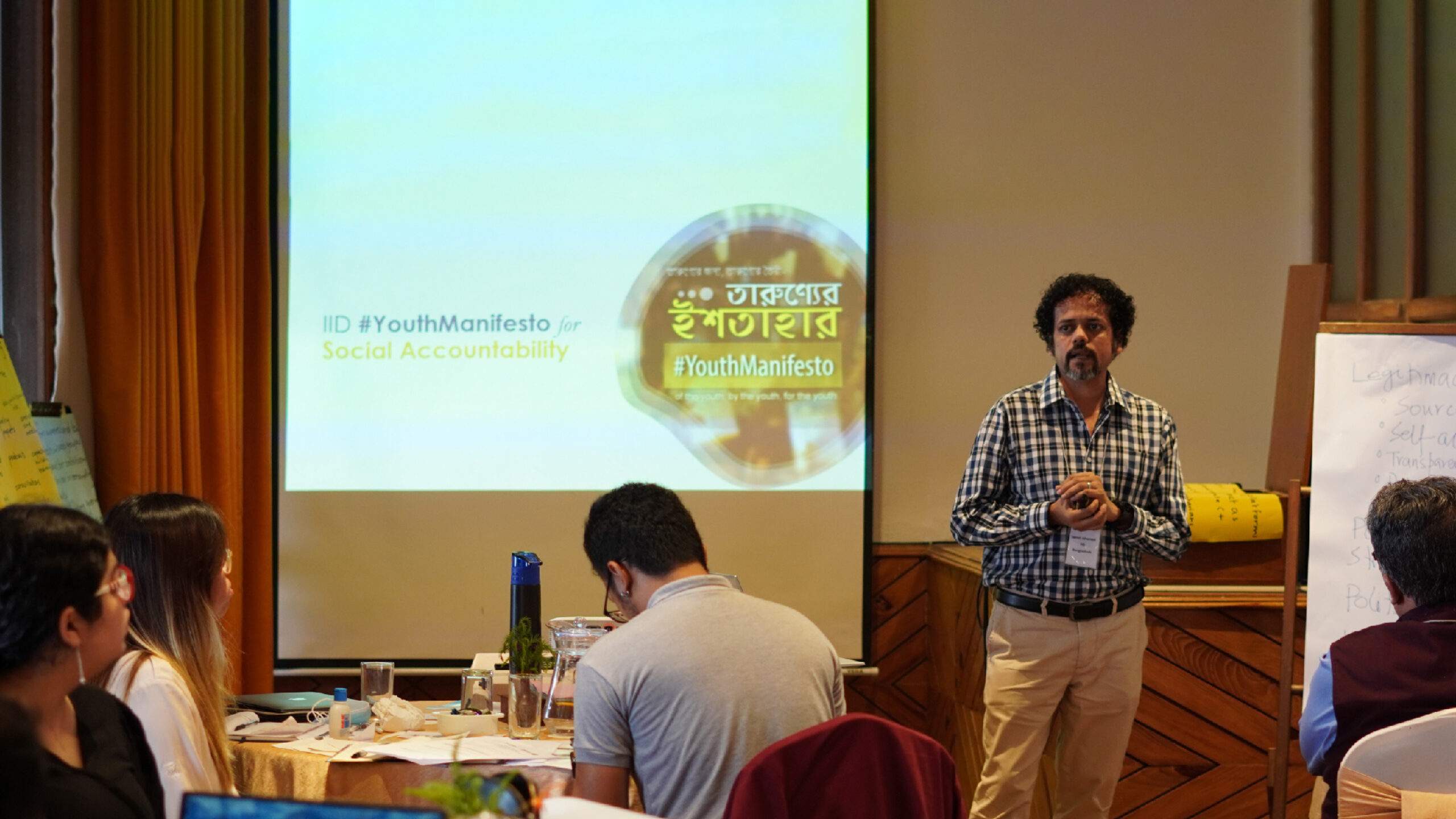The expiration of the income tax exemption for the software and information technology service sector is set for June this year. If the National Board of Revenue does not extend this exemption, the development of this promising sector will be at risk, potentially undermining the government’s announced “Smart Bangladesh” initiative.
This concern was voiced by entrepreneurs in the sector during a roundtable discussion titled “Tech Startups: Income Tax Policy Support” held today at The Daily Star Event Center. The event featured speeches by representatives from 20 emerging startups, investors in the startup sector, tax experts, and leaders from BASIS.
Speakers noted that neighboring countries are offering various incentives to encourage investment in the technology sector, with long-term tax exemptions being the most effective. In the past five years, nearly $1 billion in foreign investment has flowed into our country’s technology startup sector. Should the exemption be withdrawn in June, it is feared that not only would investment decrease, but the inflow of substantial revenue from software exports might also stall, thereby increasing pressure on the country’s foreign reserves.
Fahim Masroor, former president of BASIS, highlighted that according to the National Revenue Board, the government loses approximately 14.7 billion BDT in revenue each year due to the tax exemption, while companies in this sector are profiting around 50 billion BDT annually. He expressed doubts about these figures reflecting the true scenario, pointing out that currently over 5,000 small entrepreneurs collectively earn at most 10 billion BDT in profits annually, from which the government would gain a maximum of 3 billion BDT if the exemption were withdrawn.
Shamim Ahsan, another former president of BASIS, commented that the government has already seen the initial benefits of its policy supports for the ICT sector. He argued that no one in the sector wants the tax exemption to continue indefinitely; however, lifting it now would mean the government might gain a slight increase in taxes in the short term but lose significantly more tax revenue over the next five to ten years. Additionally, many entrepreneurs might leave the country to start businesses abroad, which could have the greatest negative impact on creating new jobs.
The event also saw contributions from Zubair Himika, Vice President of BASIS, Shawkat Hossain, a director of the Venture Capital Association, and Syeed Ahmed, CEO of IID. Founders and co-founders of 20 startup companies and Snehashish Barua, a startup business and tax expert, also spoke at the event.



